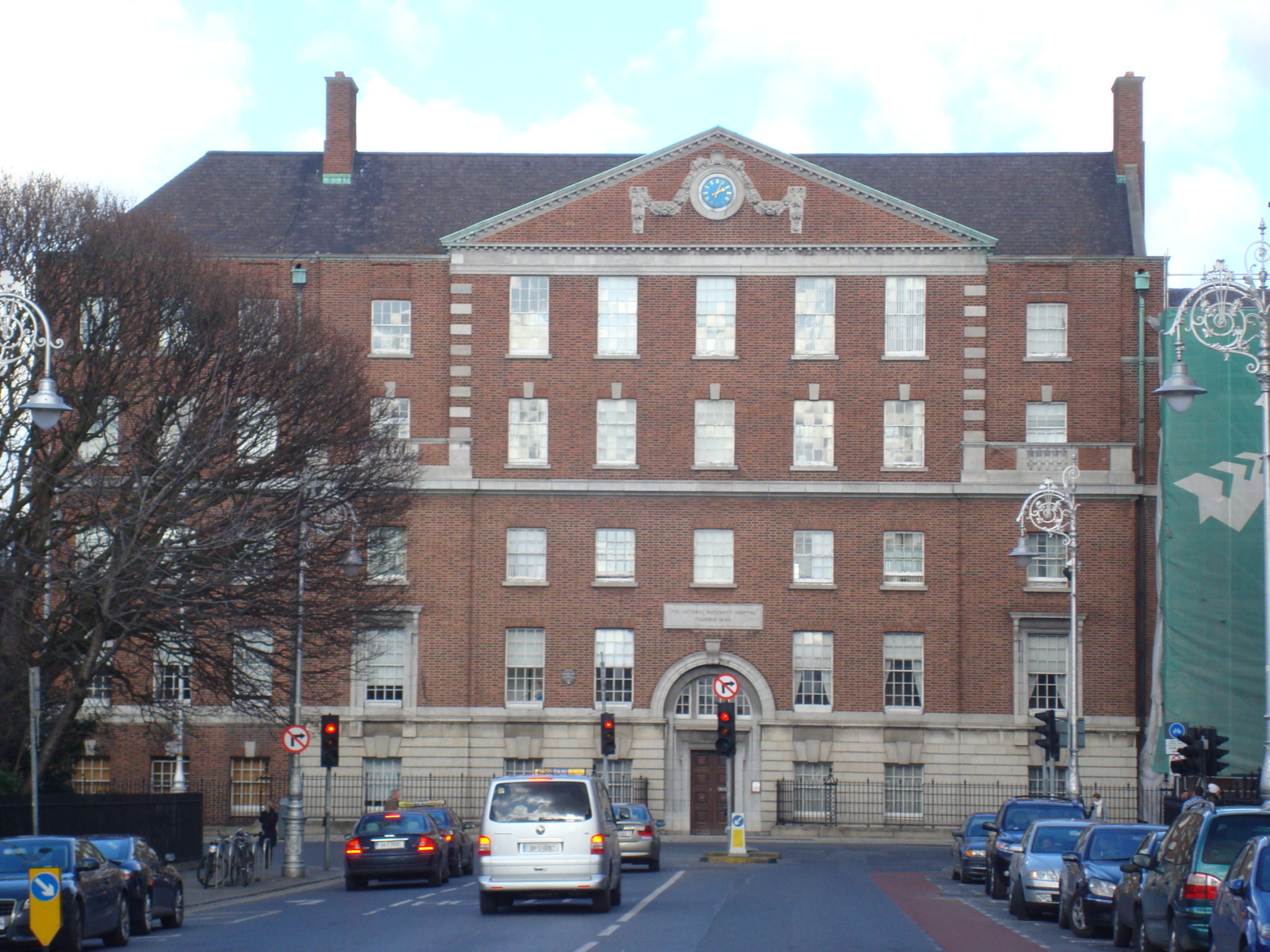- Culture
- 02 Feb 23

Marie O'Shea's review is due to be submitted on February 7th, but there is no timeline yet for publication.
The National Women’s Council (NWC) have stated that key changes are urgently needed to provide adequate healthcare to women, with just one week to go until the submission of the abortion review.
Clarity is required on the Government’s next steps, according to the organisation, who added that the criminalisation of doctors; the mandatory three-day waiting period and the 12-week limit are all limiting access to abortion for those who need it and this review must lead to evidence-led legislative reform.
“Many people are not aware that, outside of very narrowly defined circumstances, doctors and other medical professionals face criminal charges for carrying out an abortion," NWC Director Orla O’Connor explained.
"Take the devastating example of a doctor who diagnoses a fatal foetal abnormality after 12 weeks but cannot say with certainty that the child would die within 28 days of birth. That doctor will not be able to provide care to this woman at home in Ireland because abortion is criminalised in those circumstances. It is still the case that women in this heart-breaking situation are having to travel for abortion services with all the stress and trauma that this entails.”
NWC also say the three-day mandatory wait period – an obstacle which does not apply to any other medical procedure – is infantilising and must be removed.
Advertisement
 Holles Street.
Holles Street.The rule puts severe pressure on women who are approaching the 12-week limit and disproportionately affects women who cannot afford the travel or childcare costs associated with GP visits. Disabled women and migrant women are also disproportionately affected by the measure.
Women can and must be trusted to make their own decisions about their own healthcare, NWI are stressing.
“This review marks a significant moment for the provision of abortion in Ireland," NWC Women’s Health Coordinator Alana Ryan said. "There has been an extensive evidence-gathering process and this must now lead to political action. We need transparency on the next steps and how they will lead to meaningful reform. The Health Committee provides the most appropriate cross-party political fora to consider policy and practice change and we are calling on them to commit to lead this next stage.”
HSE data shows only 11 of 19 maternity hospitals are providing abortion services, and just 1 in 10 GPs.
One measure which could improve this would be the introduction of safe access zones so that patients and medics can provide and access healthcare without fear of intimidation. The Health Committee is currently considering this legislation and as a result has detailed knowledge of the abortion-care roll-out.
Advertisement
Marie O’Shea is due to submit the review to the Health Minister Stephen Donnelly on 7 February, having been delayed from the original 2022 submission date. However, there is no timeline for the Minister to publish the review.
NWC has written to the Health Minister and to the Chair of the Health Committee Seán Crowe to suggest the Committee examine the findings and make recommendations to Government.
The National Women's Council also believes the Committee should produce a final report for the wider Oireachtas for consideration by the summer recess, which could provide a route to legal and policy change where required by the evidence.
According to the Irish Times on January 10th, the chair of the review into Ireland’s abortion laws has said it is “vitally important” that key research on how conscientious objection rights have operated since the State’s laws were changed is completed before her work is submitted to Government.
Barrister Marie O’Shea was last year appointed as the independent chair of the review into the State’s abortion laws.
While “a very substantial amount of work” has been completed, the review is not yet ready as the chair wants to see imminent research on conscientious objection before she submits her much-anticipated report.
A spokesman for the Department of Health said the review “is assessing the effectiveness of the operation of the legislation and comprises of two main phases”.
Advertisement
The chair is awaiting key research from a study, Conscientious Objection after Repeal: Abortion, Law and Ethics (CORALE), being carried out at Trinity College Dublin, that is examining Section 22 of the Act regarding conscientious objection.
The Termination of Pregnancy Act provided for a review of the legislation three years after its implementation, with the work beginning 12 months ago. The Act, which came into effect on January 1st, 2019, provides abortion without restriction up to 12 weeks’ gestation, subject to a three-day waiting period.
Terminations are also permitted after 12 weeks if there is a risk to the life or health of the mother, or in cases where it is judged the foetus will die before, or within, 28 days of birth. Many politicians have called for changes to allow more accessibility to be in place for women seeking reproductive healthcare.
The Abortion Working Group is comprised of Abortion Access Campaign West, Abortion Rights Campaign; Abortion Support Network; Action for Choice; Alliance for Choice; Amnesty International Ireland; BelongTo; Cairde; Coalition to Repeal the Eighth Amendment; Disabled Women Ireland; Doctors for Choice; Dublin Well Woman Centre; Irish Council for Civil Liberties (ICCL); Inclusion Ireland; Lawyers for Choice; National Collective of Community Based Women’s Networks (NCCWN); National Women’s Council of Ireland; START Doctors (GP providers of medical abortion in the community); Transgender Equality Network Ireland (TENI); Termination for Medical Reasons; Together for Safety; Union of Students in Ireland (USI) and Women’s Aid.









